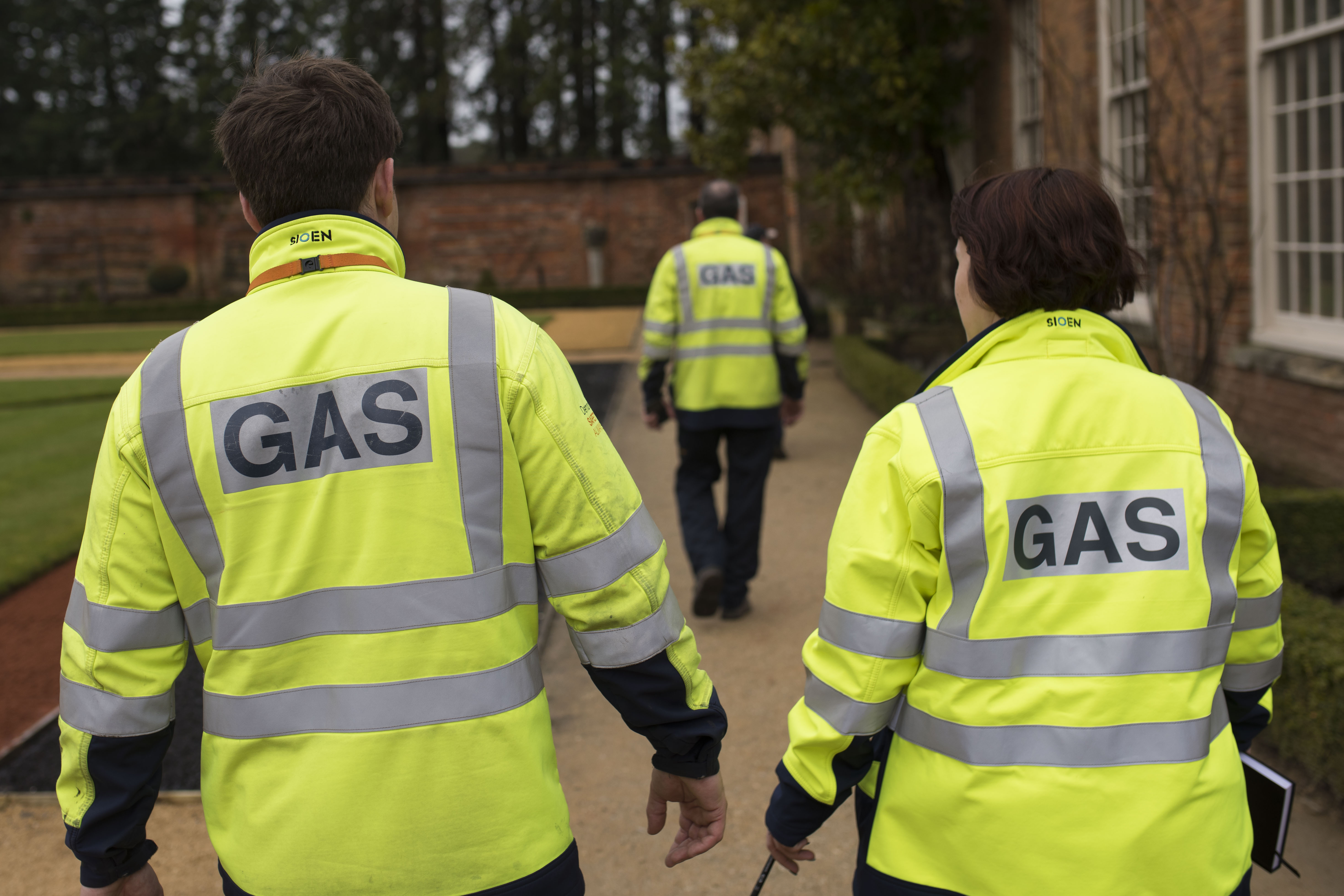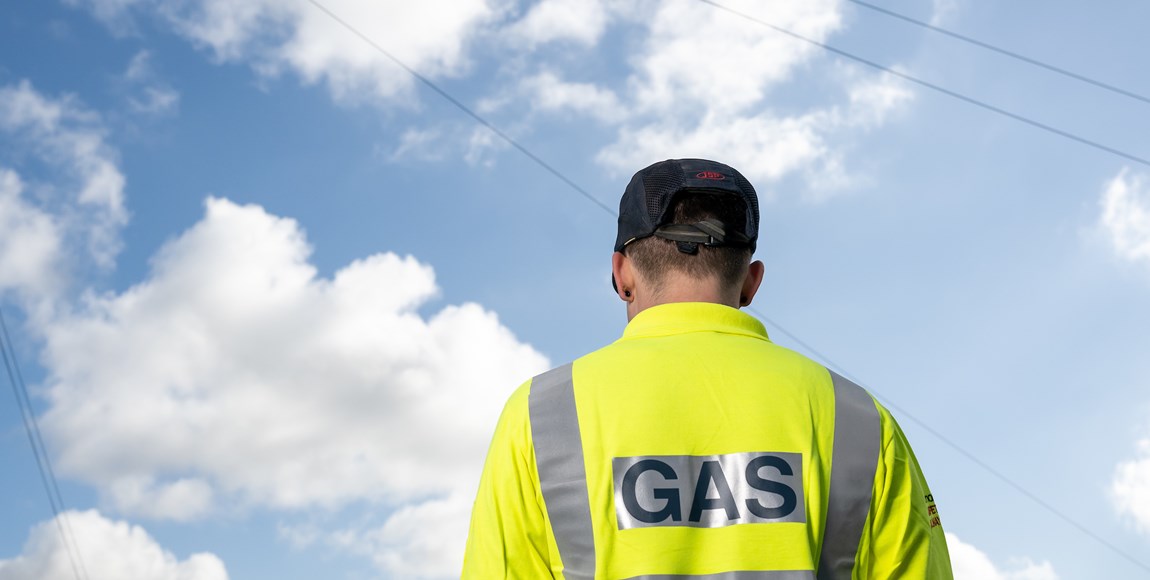
As Wales & West Utilities starts RIIO-GD2, it is inviting input from companies and individuals to help tackle challenges they face throughout the latest price control period.
The gas emergency and pipeline service places great emphasis on the importance of collaborative innovation in its business success and is seeking input to its first two innovation challenges: supporting customers in vulnerable situations and a roadmap to decarbonise the gas network.
For both innovation challenges Wales & West Utilities is hosting a webinar where industry experts will be on hand to provide further detailed information, whilst participants will also be able to direct specific questions to allow them to form their proposals.
The first innovation challenge builds on the successful projects that were launched in GD1 and will see Wales & West Utilities invest over £1 million in supporting customers in vulnerable situations over the next five years (April 2021 to March 2026).
As part of this, the company is looking to create a pool of ideas and projects that can be assessed and prioritised and delivered in RIIO GD2. Such projects could include:
- Improving access to smart solutions for customers, whilst developing new solutions to enable the fuel poor to directly benefit from smart technologies and network flexibility opportunities.
- Minimising the number of, and duration of, interruption to customers supplies and ensuring customers are kept safe and warm during the interruption
- Adaptive technology to assist people with physical needs access their energy safely
- Better understanding of how the needs of our vulnerable customers will change in the future and what new processes or systems we need to create to continue offering excellent customer service to our vulnerable customers as their needs change.
Successful proposals will be funded by the Network Innovation Allowance (NIA), regulated by Ofgem.
As part of this Wales & West Utilities will be holding a webinar on the 29 April between 11:00 – 13:00. To attend please register here. The closing date for attendance is the 27 April. Applications must then be submitted by 4 May.
The second area - a roadmap to decarbonise the Wales & West Utilities gas network - also builds on successful projects that were launched in GD1 and will see Wales & West Utilities invest over £12 million in energy system transition projects, to help with the goal to deliver a net zero ready network by 2035.
The company is seeking a partner to develop a:
- Strategic plan and decarbonisation roadmap for its entire network, focusing on individual regions and how these link together.
- Conceptual Plan to illustrate the gas network end state and transition pathway.
The components for decarbonisation of the Wales & West Utilities network have already been identified and the company is now wishing to move to the next stage of the process and develop a consumer focussed outline plan, along with a roadmap to enable us to achieve the vision.
We know the importance of innovation in shaping our business and the wider industry and we have seen some fantastic outcomes from collaborating with partners during the last price control period.
In launching these two innovations challenges we are hoping that we have similar successes. Signing up is easy and the webinars will give attendees an insight into the projects so that ideas can be developed and delivered for the benefit of customers.
Wales & West Utilities RIIO-GD2 Business Plan for 2021-2026 will see the company invest £400m to deliver a Net Zero ready gas network by 2035 while looking after the most vulnerable in communities across Wales and south west England.
The company is also committed to playing its part in getting to Net Zero carbon emissions by 2050. 30 power stations connected to its network support renewables like wind and solar power while 19 green gas sites inject enough decarbonised green gas to power 130,000 homes, Additionally, company’s network supplies bus garages in three locations across the south west of England, fuelling CNG buses that improve air quality and reduce carbon emissions from public transport.



